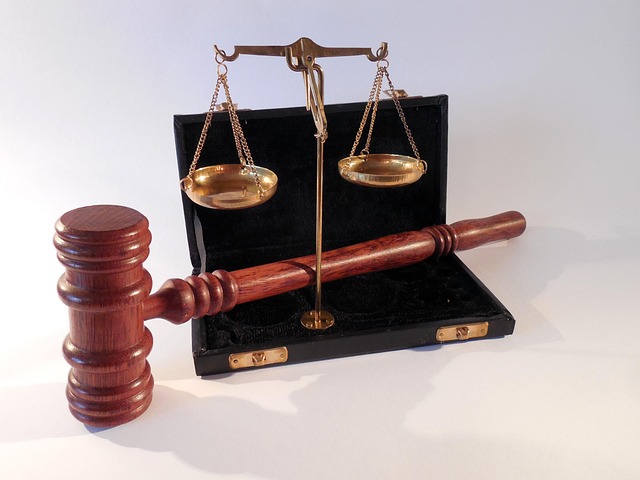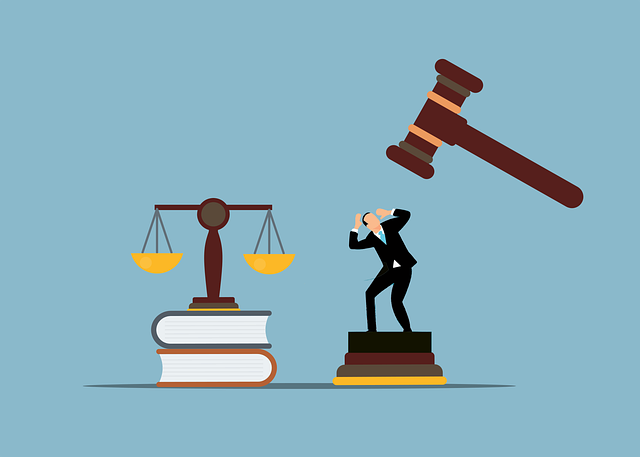Healthcare defamation lawsuits, with varying outcomes including substantial settlements and dismissals, stem from public misrepresentations damaging reputations. Key factors like statement veracity, harm, and context determine outcomes. Balancing free speech and accountability is crucial for professionals and advocates. Effective defenses involve robust evidence and good-faith efforts to avoid indictment. Transparent communication by philanthropic/political communities mitigates risks and maintains public trust through precedent-setting cases influencing industry practices, policies, and risk management. Proactive measures like strategic communications, internal audits, staff training, and white-collar defense tactics protect healthcare providers' reputations against defamation.
In the high-stakes world of healthcare, reputational damage can be as perilous as any medical malpractice. Understanding healthcare defamation lawsuits is paramount for providers navigating this complex landscape. This article delves into the intricacies of defamation cases, exploring common allegations, their impact on industry practices, and the far-reaching consequences of case outcomes and settlements. Learn effective strategies to protect your reputation in an era where every decision can have lasting implications.
- Understanding Healthcare Defamation Lawsuits
- Common Causes and Allegations in Medical Cases
- The Impact of Case Outcomes on Industry Practices
- High-Profile Settlements and Their Effect
- Protecting Reputations: Strategies for Healthcare Providers
Understanding Healthcare Defamation Lawsuits
Healthcare defamation lawsuits have become increasingly prevalent, with both corporate and individual clients facing legal repercussions for alleged slander or libelous statements regarding medical practices or professionals. These cases often arise from misrepresented information shared publicly, which can significantly impact a healthcare provider’s reputation. The outcomes of such lawsuits vary widely, ranging from substantial financial settlements to complete dismissals. Defamation case outcomes are influenced by several factors, including the veracity of the statements, harm caused to the victim, and the context in which they were made.
Understanding the legal landscape surrounding defamation is crucial for both healthcare providers and their advocates. Navigating these complex issues requires a delicate balance between protecting free speech and ensuring accountability. Successful defense strategies often involve presenting robust evidence to disprove allegations and demonstrating good faith efforts to avoid indictment. In light of these considerations, individuals and entities within the philanthropic and political communities must remain vigilant, prioritizing transparent communication to mitigate the risk of defamation cases and their potential impact on public trust in healthcare.
Common Causes and Allegations in Medical Cases
Medical cases often involve complex legal issues, with various factors contributing to potential allegations against healthcare professionals. Common causes for lawsuits include medical malpractice, where patients allege negligence resulting in harm or injury. These cases may arise from misdiagnosis, improper treatment, or failure to obtain informed consent. Another significant area is defamation, which can occur when false statements about a patient’s condition or a healthcare provider’s conduct are made, causing reputational damage. Defamation case outcomes and settlements can vary widely, depending on the specifics of each case, but they serve as crucial precedents in medical litigation.
The legal landscape for healthcare professionals is further complicated by white-collar and economic crimes, which may include billing fraud or embezzlement. These cases often involve intricate financial schemes and require meticulous investigation. An unprecedented track record of successful defense or prosecution in such matters can shape the strategy and expectations in similar disputes, demonstrating the critical importance of experience and expertise in navigating these legal issues for his clients.
The Impact of Case Outcomes on Industry Practices
The outcomes of healthcare legal cases, particularly those involving defamation, can significantly shape industry practices and standards. When a case results in a substantial settlement or favorable judgment for the plaintiff, it sends a powerful message to healthcare providers and institutions. This can lead to a reevaluation of policies and procedures, with an increased focus on patient safety and privacy. For instance, a successful defamation suit against a medical facility might prompt a thorough review of their communication protocols, ensuring that future interactions with patients and colleagues are conducted responsibly and ethically.
Additionally, case outcomes can influence how organizations approach risk management and legal compliance. Defamation cases and their settlements often highlight areas where corporate and individual clients may be vulnerable. Healthcare entities, upon examining these outcomes, can proactively implement changes to safeguard against similar accusations, better protect their respective businesses, and ultimately serve their patients more effectively. This proactive approach, driven by learned case outcomes, is instrumental in maintaining public trust and confidence in the healthcare sector.
High-Profile Settlements and Their Effect
High-profile defamation case outcomes and settlements have far-reaching implications in the healthcare industry, setting precedents that shape legal strategies for both plaintiffs and defendants. These high-stakes cases often attract intense media attention, placing significant pressure on legal teams to navigate complex issues of fact and law. A successful winning challenging defense verdict can significantly impact public perception, reinforcing the importance of responsible reporting and robust legal defenses in healthcare disputes. Conversely, notable settlements can serve as cautionary tales, prompting improvements in internal policies and procedures designed to mitigate risks associated with allegations of medical malpractice or professional misconduct.
Such cases also highlight the intricate interplay between general criminal defense strategies and the specific challenges presented by healthcare-related litigation. Throughout all stages of the investigative and enforcement process, from initial inquiries to trial proceedings, legal professionals must grapple with balancing patient privacy rights against the public interest in transparency. The outcomes of these high-profile settlements shape not only individual careers but also influence regulatory frameworks and best practices within the healthcare sector, underscoring the profound impact of legal decisions on this critical industry.
Protecting Reputations: Strategies for Healthcare Providers
Healthcare providers must be vigilant to protect their reputations from defamation, which can arise from false accusations and negative publicity. In a sector where trust is paramount, even one instance of reputational damage can have severe consequences. To safeguard against defamation, healthcare professionals should implement robust strategies. This includes responding promptly to address any alleged misconduct with factual, transparent communications.
A proactive approach involving regular internal audits and staff training on ethical practices can help prevent errors or misunderstandings that might lead to legal issues. Additionally, having a solid general criminal defense strategy in place, which encompasses white-collar defense tactics, is crucial for navigating the complexities of potential defamation case outcomes and settlements. A complete dismissal of all charges is the ideal outcome, but preparation for alternative scenarios ensures healthcare providers can defend their reputations effectively.
Healthcare providers must navigate complex legal landscapes, with defamation lawsuits posing significant risks. Understanding the common allegations, potential impacts of case outcomes, and high-profile settlements is crucial for mitigating risks. By adopting robust reputation protection strategies, healthcare organizations can safeguard their reputations and ensure they continue to provide quality care, guided by legal awareness and proactive measures. The key lies in fostering a culture of compliance and transparency, which not only helps avoid defamation cases but also strengthens trust with patients and stakeholders alike.






